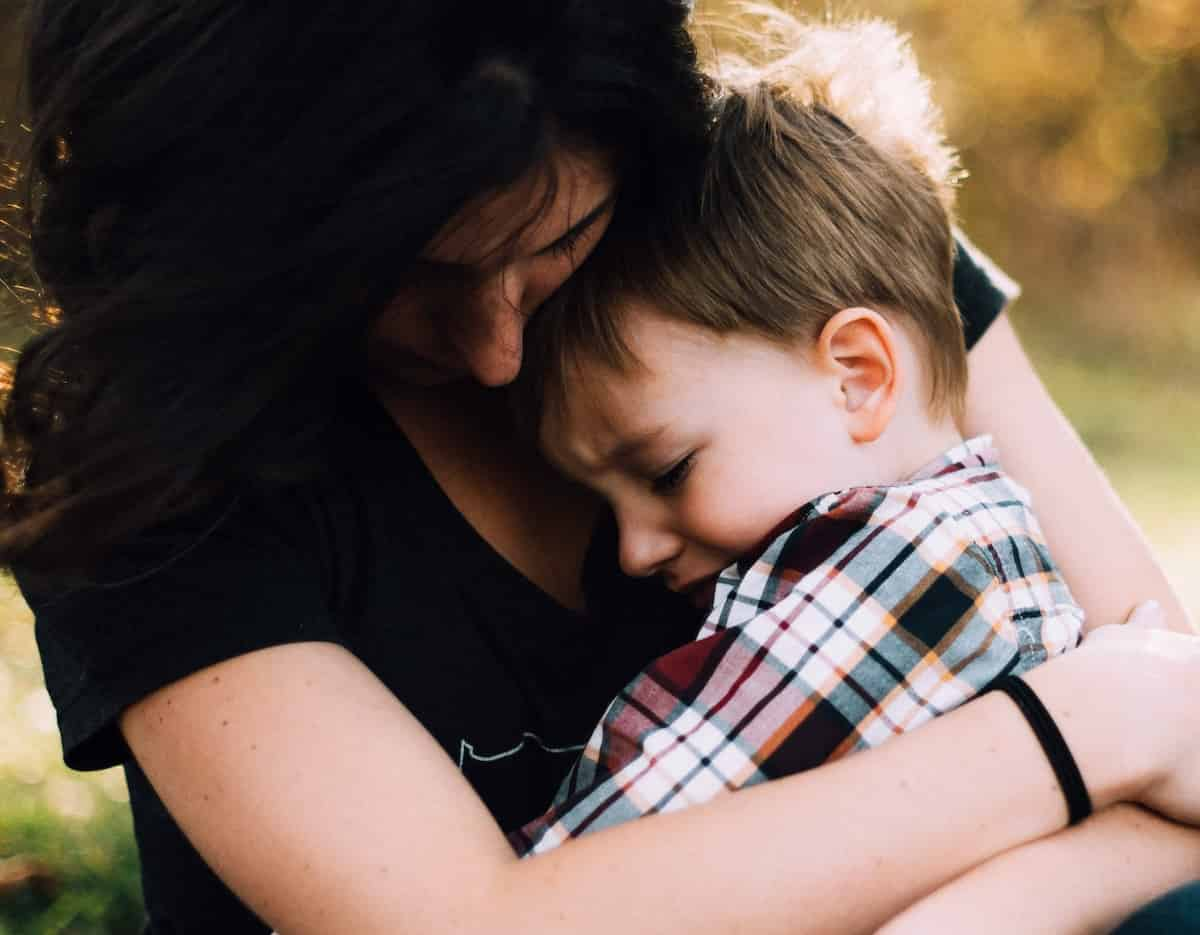Marriage is about balancing what you put in with what you expect to get out.
Couples are becoming increasingly dissatisfied with their marriages because they are demanding more without putting in the necessary time.
Spouses either need to demand less from their relationship or put in more effort, says psychologist Professor Eli Finkel.
Increasingly, those with children put all their time into parenting and those without children concentrate on work.
As a result, there is less time to spend on the relationship.
Professor Finkel, the study’s first author, sees two options:
“You can demand less from your partner, focusing less on resource-intensive self-expressive needs, or supply more time and other resources into the marriage.”
It is not so much that people demand more from modern marriages than they used to, though, says Professor Finkel:
“The issue isn’t that Americans are expecting more versus less from their marriage, but rather that the nature of what they are expecting has changed.
They’re asking less of their marriage regarding basic physiological and safety needs, but they’re asking more of their marriage regarding higher psychological needs like the need for personal growth.”
The best marriages now are probably better than they ever were in the past, but many do not reach these exacting standards.
Professor Finkel says:
“In contemporary marriages, Americans look to their marriage to help them ‘find themselves’ and to pursue careers and other activities that facilitate the expression of their core self.
However, developing such insight requires a heavy investment of time and psychological resources in the marriage, not to mention strong relationship skills and interpersonal compatibility.”
Marriage is about balancing what you put in with what you expect to get out, says Professor Finkel:
“In general, if you want your marriage to help you achieve self-expression and personal growth, it’s crucial to invest sufficient time and energy in the marriage.
If you know that the time and energy aren’t available, then it makes sense to adjust your expectations accordingly to minimize disappointment.”
The study was published in the journal Current Directions in Psychological Science (Finkel et al., 2015).










